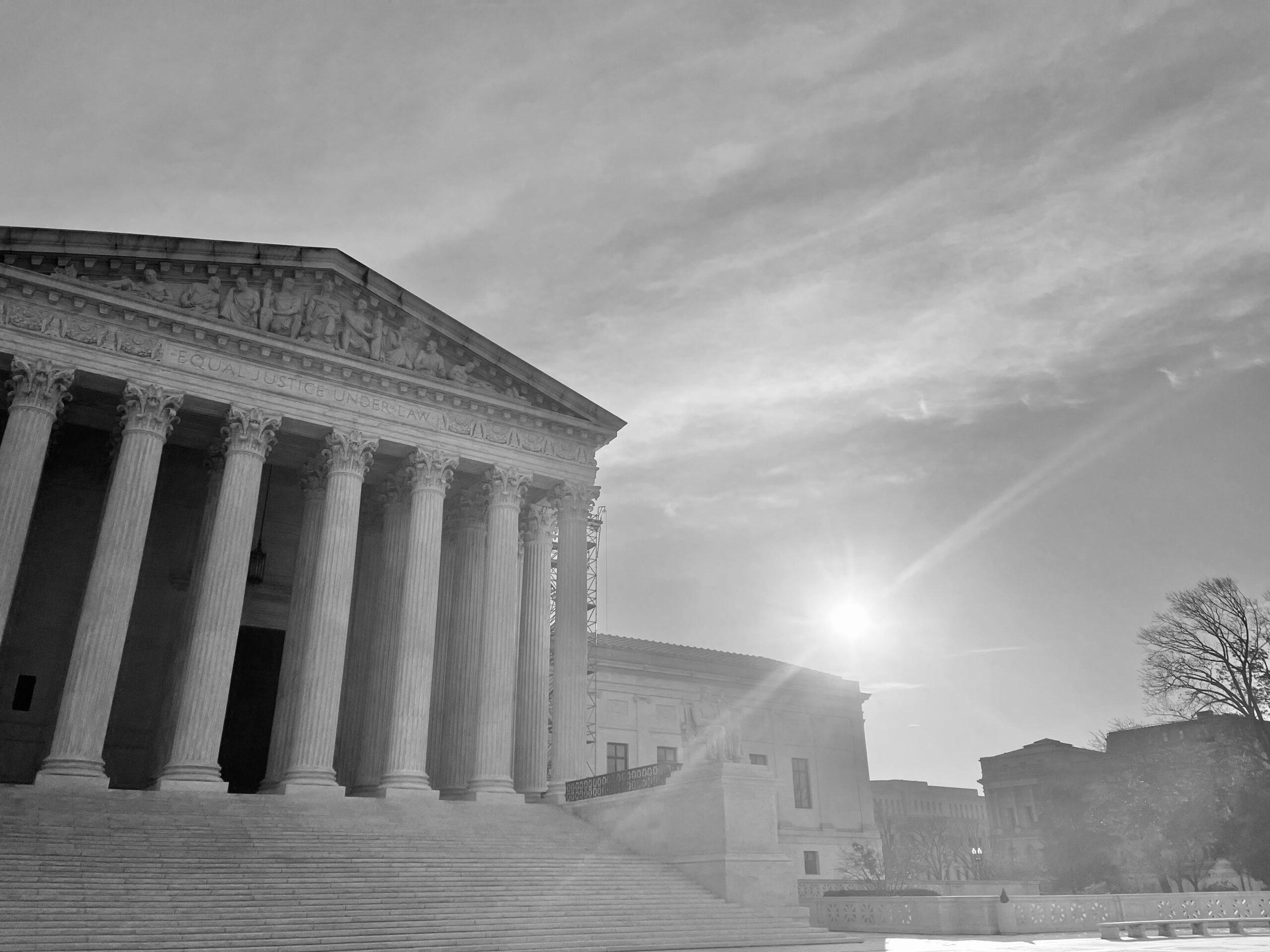Fix the Court Endorses First-Ever Bill to Bring Sunlight to Shadow Docket
Fix the Court is endorsing the Shadow Docket Sunlight Act, a bill that would bring much needed transparency to the justices’ ever-expanding emergency docket and require them to explain their reasoning behind some of their most impactful decisions, from letting nationwide injunctions on a host of issues go into effect to preserving voting maps that don’t appear to conform to federal requirements.
That’s not all. Gun rights, pollution rules, a method for executions, abortion rights and access to abortion drugs have all been decided — sometimes temporarily, but oftentimes for much longer than that — on the shadow docket.
FTC’s Gabe Roth said:
“Six years ago, Chief Justice Roberts said about the Supreme Court, ‘We’re the most transparent branch in government in terms of […] us explaining what we’re doing.’
“If that was true then (it wasn’t), it definitely isn’t now given the rise in the justices’ use of unsigned orders to make monumental changes to our laws and national policy.
“There’s no question the public deserves an ‘explaining of what [the justices] are doing’ on the shadow docket in addition to the merits docket, and thankfully, since the Court has demurred, Sen. Blumenthal is taking action to bring much needed sunlight to a shadowy corner of Court practice.”
Practical impact:
 Just last week the Court upheld Louisiana voting maps citing a 2006 case, Purcell v. Gonzalez, that many observers believe is inapposite to what’s going on in the Bayou State.
Just last week the Court upheld Louisiana voting maps citing a 2006 case, Purcell v. Gonzalez, that many observers believe is inapposite to what’s going on in the Bayou State.
Purcell is often mentioned by judges when there’s an effort to change certain rules (like voting hours or district lines) in the months leading up to an election, even though there’s an obvious difference between, say, redrawing a map in May vs. redrawing it in October when votes are cast in November.
In other words, if the Court is going to cite Purcell, the justices should explain to the litigants and the public why they believe it applies here, so attorneys and others have a better understanding of what the Court is thinking and how it might use the precedent in future cases and petitions.